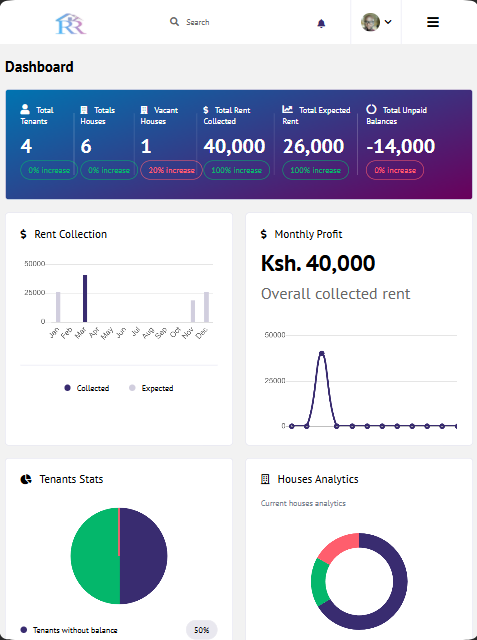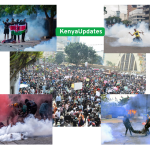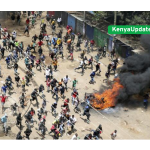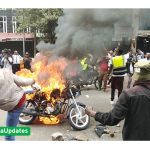One year ago today, on June 25, 2024, a pivotal moment in Kenya's history unfolded as a digitally organized generation of youth, affectionately dubbed "Gen Z," took to the streets in unprecedented numbers. Their powerful, largely leaderless protests against the Finance Bill 2024, which proposed contentious tax hikes on essential goods, culminated in a dramatic confrontation outside and within the Parliament buildings in Nairobi. This day, now etched into the national consciousness, saw tragic loss of life and injuries as security forces responded with overwhelming force.
Today, June 25, 2025, is not just another day on the calendar. For many Kenyans, it is a day of profound remembrance and reflection – a solemn occasion to honor the young lives cut short and the many more who were injured, abducted, or faced the brunt of state repression during those historic demonstrations. While not formally declared a public holiday by the government, opposition figures and civil society groups have strongly advocated for its recognition as a "Gen Z Revolution Day" or "People's Public Holiday," underscoring its significance as a turning point in Kenya's civic landscape.
The events of June 25, 2024, saw thousands of young people, mobilized primarily through social media, express their deep frustrations with economic injustice, corruption, and a perceived disconnect from their leaders. The protests, initially peaceful, escalated when demonstrators attempted to storm Parliament. Reports from human rights organizations, including the Kenya National Commission on Human Rights (KNCHR), later indicated a tragic toll, with dozens of fatalities across the country attributed to excessive force by police, including live bullet fire. Many families of the deceased are still seeking justice and accountability.
Across the country today, various communities and youth groups are holding memorial services, candlelight vigils, and discussions to commemorate the courage and sacrifice of those who marched. In Nairobi, despite a heightened police presence and road closures around key government buildings, groups are gathering to remember. These gatherings serve as a poignant reminder of the enduring demands for police accountability, good governance, and a more equitable society.
The legacy of the 2024 protests continues to resonate, influencing ongoing public discourse and sparking renewed activism, as seen in the recent protests following the death of blogger Albert Ojwang. As Kenya looks forward, the memory of June 25, 2024, stands as a powerful testament to the unwavering spirit of its youth and their determination to shape the nation's future.








